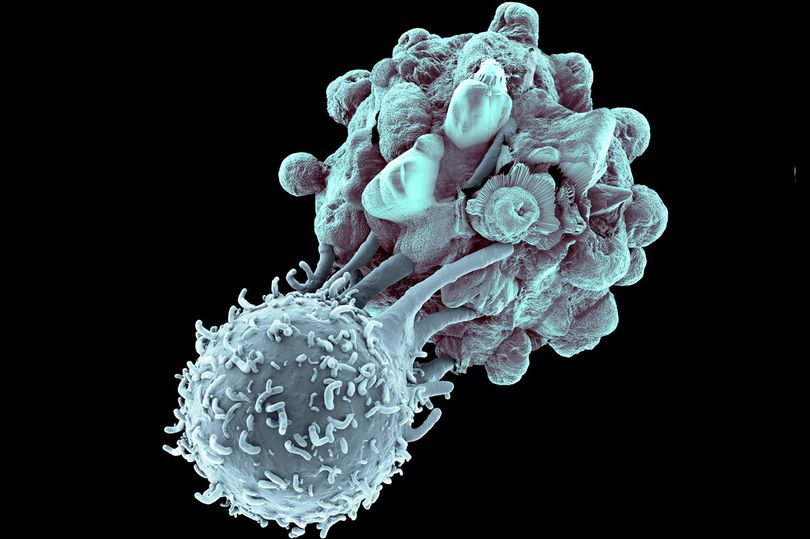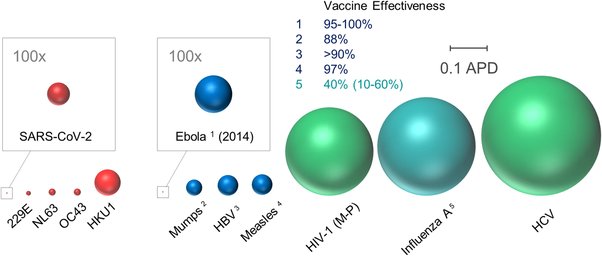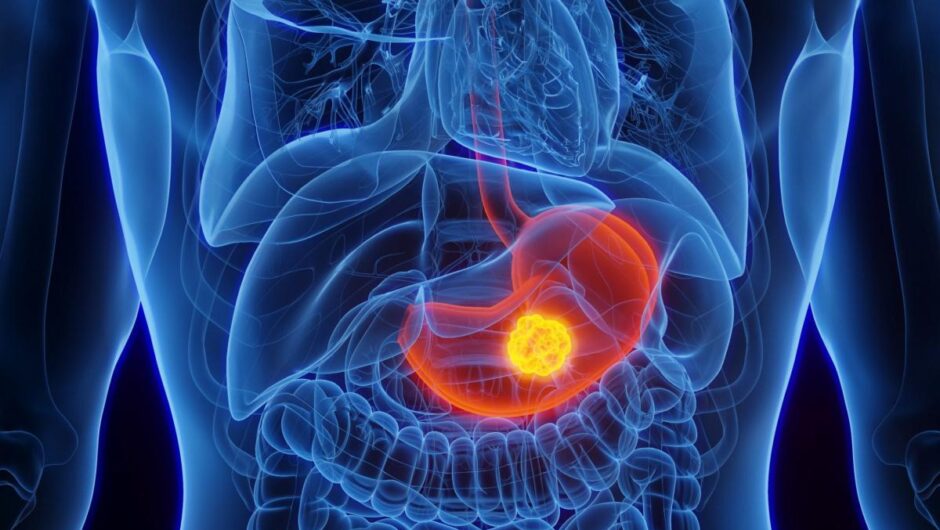It is now becoming clear that the issue of immunity from Covid-19, the disease that is caused by coronavirus infection, is not only conferred by antibodies arising from infection but also by other components of the immune system specifically T cells.
Checking for the presence of antibodies currently is both easy and quick. Deriving a test for both T-cell identity and their number is much harder and currently no simple test exists. Nevertheless we know from our DOCC (Decline of Covid Cases) theory that there is an increased level of immunity above that acquired by antibodies that has its roots in T-cell cross reactivity. Recent papers confirm that immunity through T cells is greater than originally thought and can that this immunity can be stimulated either by previous infection with a coronavirus or even exposure to the virus without ever being infected.
These nuggets of information have led to a surge in interest in T-cells, literature searches reveal information from the previous SARS and MERS coronavirus outbreaks and research facilities have quickly exploited the increase in data and the availability of infected individuals to investigate T-cells specific to Sars Cov-2 and also establish their surface chemistry with the aim of identifying which epitopes are responsible for T-cell efficacy.
Whilst both T cells and antibodies prevent the virus from replicating they do so in quite different ways. Antibodies are proteins that are made by B cells (from bone marrow) they specifically attach to Sars Cov-2 and prevent the virus from infecting cells. At the same time T-cells (from the thymus) detect and destroy the infected cells that produce thousands of new virus particles. They differentiate between the infected cells and healthy cells using special molecules called antigens.
Up until now vaccines have concentrated on stimulating the body to produce vast quantities of the Y shaped antibodies to block the progress of the virus they are targeting. Whist much is known about antibodies T-cell are now being examined in more detail.
Examining T-cells in More Detail
With such a proliferation of information coupled with both the intellectual and commercial opportunities currently provided by T-cell research it was inevitable that the scientific community would open up and develop new areas of T-cell research. For those trying to keep up with developments the density of information can make it hard to find the interesting and exciting areas that can lead to potential breakthroughs.
Luckily for the scientific community Twitter can be a perfect way of of attracting attention and it was through this medium that this snippet came to light. Researchers at the University Hospital Tübingen, Tübingen, Germany have been working on identifying the specific T-cell epitopes for Sars Cov-2 This is an interesting piece of work that clearly adds to the T-cell repository of knowledge perhaps, however, the final paragraph of this pre-print indicates a new direction for research in the the quest for a coronavirus vaccine.
“Not another vaccine, we have loads already” might be the cry but perhaps this particular vaccine has an additional feature inbuilt to combat future coronavirus. That would be a massive bonus. With a vaccine of this type the intention is not to induce antibodies to block the virus but to attack the infected human cells and induce T-cells to actively kill those cells.
The understated intention in this particular paper is in the final paragraph, and states: “Using the SARS-CoV-2 T-cell epitopes we are currently preparing two clinical first-in-man studies (EudraCT 2020-002502-75; EudraCT 2020-002519-23) to evaluate a multi-peptide vaccine for induction of broad T-cell immunity to SARS-CoV-2 to combat COVID-19.”
But why use T-cells when we already know antibodies work just as well?
Developing a T-cell Vaccine – Is this Vaccine + ?
It becomes apparent that if it were possible to produce a T-cell vaccine would have commercial value in its own right. The bonus is that such a vaccine that might offer general coronavirus protection in future outbreaks. This would arise from the longevity of T-cells as opposed to shorter life span of antibodies. The very existence of these T-cells means they will react to future coronavirus infections and may well determine the severity of the infection.
It remains to be seen whether any actual immunity would be conferred outside of its original target virus but you could conclude that these induced T-cells targeting Sars Cov-2 might also confer resistance to future coronaviruses. Presumably this would work at low viral load whilst cross reactivity to the new virus builds up in the human body.
We know that this cross reactivity only works for 50% of unexposed individuals but it may be possible to push this percentage up where a vaccine is present.
It may be that these T-cells are the difference between a mild infection and a more severe form. We know for example that simple exposure to Sars Cov-2 boosts both the number and diversity of the types of T cell.
The use of T-cells as a treatment for Covid-19 is also being investigated by a Scottish company who looking to harvesting T-cells and use them to treat infected patients. The approach in Tübingen differs of course in that it is their intention to generate the T-cells in vivo.
To check the intention of the research we sought clarification of their intention and it was confirmed that this indeed was their intended direction:
“Thank you very much for your interest in our study. Indeed we are currently planning a peptide vaccination study based on our preclinical work. In contrast to the T-cell transfer pursued by the scottish firm you mentioned our approach aims to induce SARS-CoV-2 T-cell responses in vivo applying the identified T-cell epitopes as a peptide vaccine.” Juliane Walz
We look forward to the full paper and await developments with great interest
Paul Taylor BSc PhD
Included below is a short video highlighting the mechanisms that our body uses to combat viruses which helps with our overall understanding of immune responses.




